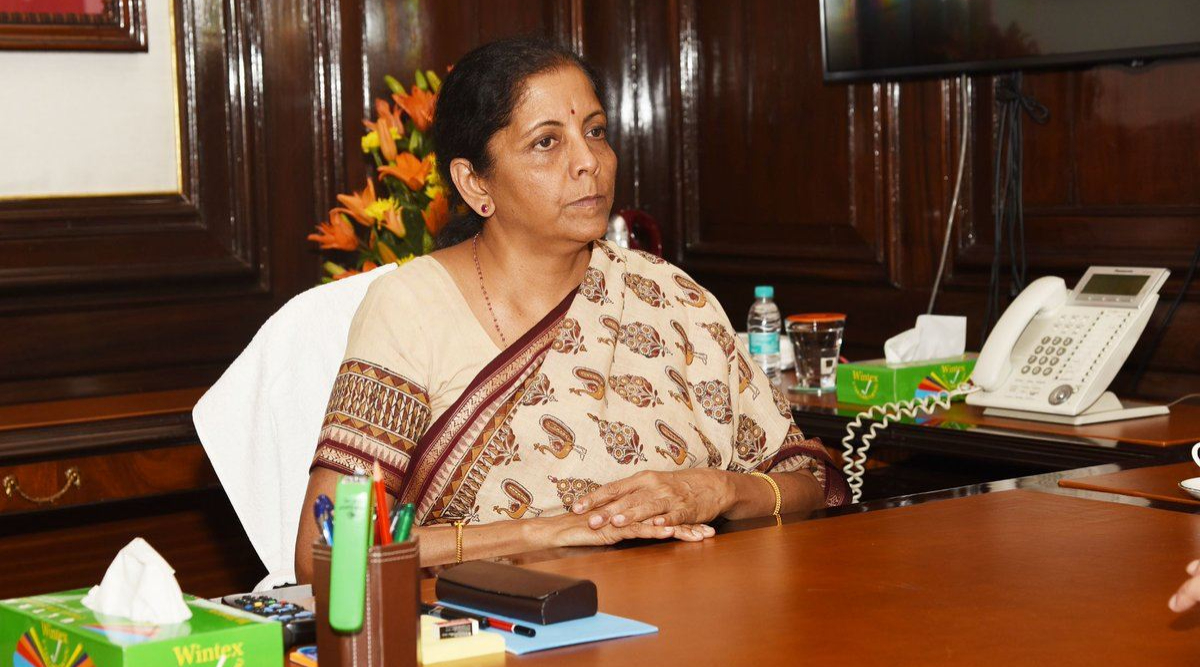The year 2020 did not start on a good note, however, for taxpayers; there is a piece of great news. The deadline to file your Income Tax Return (ITR return) for FY 2019-20 has been extended to December 31, 2020, from the earlier deadline of November 30, 2020.
As the extended ITR return on the last date must have given the taxpayers some respite, the deadline to file your ITR return is fast approaching. As the taxpayers gear up to file for their ITR, we would like to point out five mistakes that can prove costly for you.
Here are 5 mistakes you must avoid while filing for your ITR return:
1. Not Filling Correct Bank Details
While filing an ITR return, a taxpayer is required to list out all the bank-related details. Make sure that you enter the correct name of your bank, account number, IFSC & MICR code while filing ITR returns online. Along with bank details, your details for communication should also be correct. The income tax department communicates through email and mobile phone. Hence, double-check all the required details.
2. Not Disclosing Every Bank Account Details
Not disclosing all the bank’s account details while filing an ITR return is the biggest mistake you can commit. All the details regarding your accounts in multiple banks need to be disclosed. Not disclosing that information is illegal. Thus, if you have multiple accounts in your name in different banks, you must disclose the information while filing ITR return online.
3. Not reporting incomes from investments
A taxpayer needs to report all the income from investments such as interest gained from fixed deposits (FDs), capital gains from mutual funds, or any other such assets. Most people generally forget to report interest received from their savings account in banks, recurring deposits, fixed deposits, etc.
4. Mismatch Income Form 26AS and TDS certificates
For employed taxpayers- Form 26AS is very essential and one should be careful while filing ITR. One little mistake can lead you to payment issues later. Keep all TDS certificates like Form 16, bank interest certificates Form 16A, TDS certificate from the sale of property-Form 16B. Also, check whether the correct TDS has been deducted against the PAN mentioned in the 26AS form.
5. Not Verifying ITR Return Online
Last but not least! It is important to verify your ITR return online to complete the process. You can verify your ITR return file via Net Banking, De-mat Account, Aadhar no., and bank account details. You can check your ITR return status online.
Keep the above-mentioned points in mind and ensure that you fill in all the necessary details carefully to avoid any future hassles.







